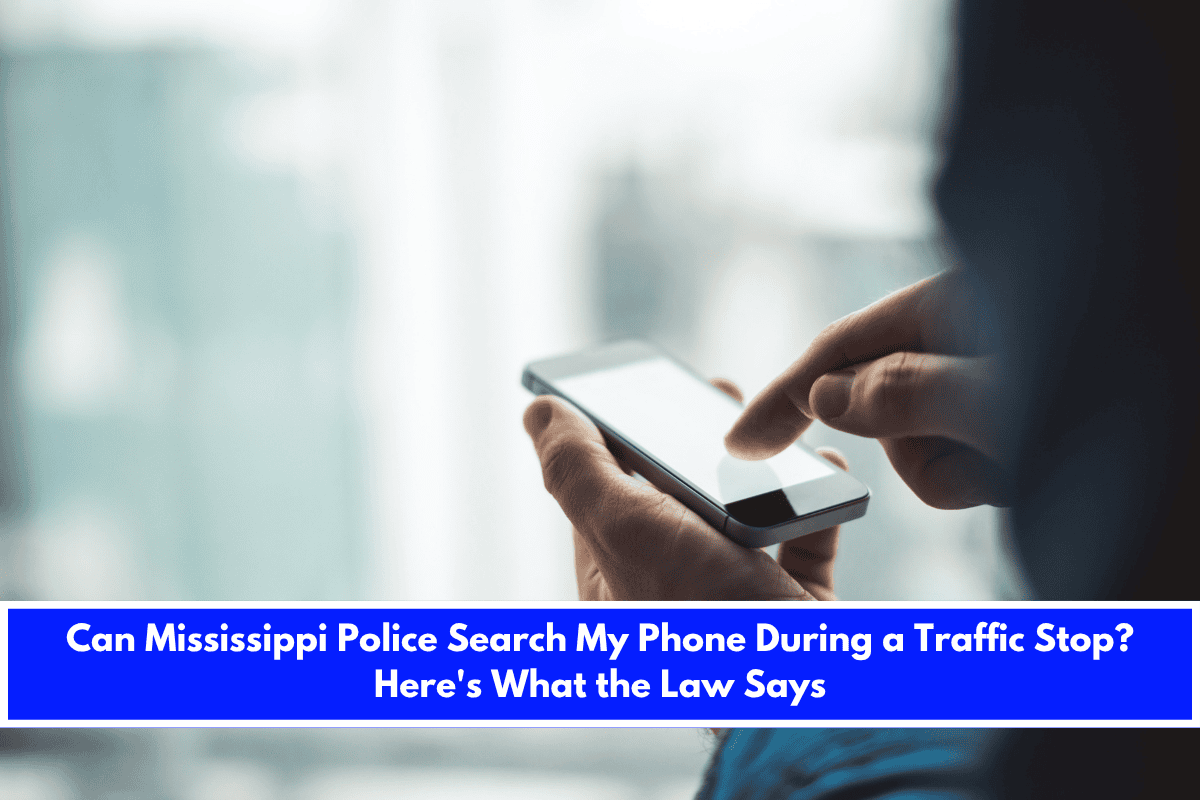In Mississippi, as in the rest of the United States, your cell phone is protected by the Fourth Amendment, which guards against unreasonable searches and seizures. This means police generally cannot search your phone during a traffic stop without your consent or a valid search warrant.
When Can Police Search Your Phone?
- With Your Consent: If you voluntarily allow the officer to search your phone, they do not need a warrant. Consent must be given knowingly and voluntarily, and you have the right to refuse.
- With a Search Warrant: Police must typically obtain a warrant from a judge, based on probable cause, to search your phone or access its contents. Without this warrant, they cannot force you to unlock your device or hand over your password.
- Exceptions: There are rare exceptions, such as exigent circumstances (immediate threats to safety or risk of evidence being destroyed), but these are limited and must be justified in court.
What If Police Search Without a Warrant or Consent?
If officers search your phone without a warrant or your consent, and no exception applies, this is considered an improper or unlawful search. Any evidence found may be excluded from court under the exclusionary rule, and you should contact a criminal defense attorney if this happens.
Cloud Data and Third Parties
Even if police cannot access your phone directly, they may obtain a warrant to request your data (texts, emails, photos) from cloud service providers or tech companies. These companies may comply with a valid search warrant, even if you do not unlock your phone.
Key Takeaways for Drivers in Mississippi
- Police cannot search your phone during a traffic stop without your consent or a search warrant.
- You have the right to refuse a search of your phone.
- If your phone is searched improperly, evidence may be suppressed in court.
- Police may still seek your data from cloud providers with a warrant.
Unless you give permission or police have a valid search warrant, they cannot search your phone during a Mississippi traffic stop. Always know your rights and do not hesitate to refuse consent if asked. If you believe your rights were violated, consult a qualified attorney.
Sources:
- https://www.housleylaw.com/improper-searches
- https://www.mississippidui.net/blog/2024/10/do-the-police-need-a-warrant-to-search-your-phone/
- https://www.mccormick-lawfirm.com/blog/pulled-over-8-rights-you-need-to-know-to-stay-cool-and-collected/
- https://www.findlaw.com/criminal/criminal-rights/cell-phone-privacy-and-warrant-requirements.html











Leave a Reply